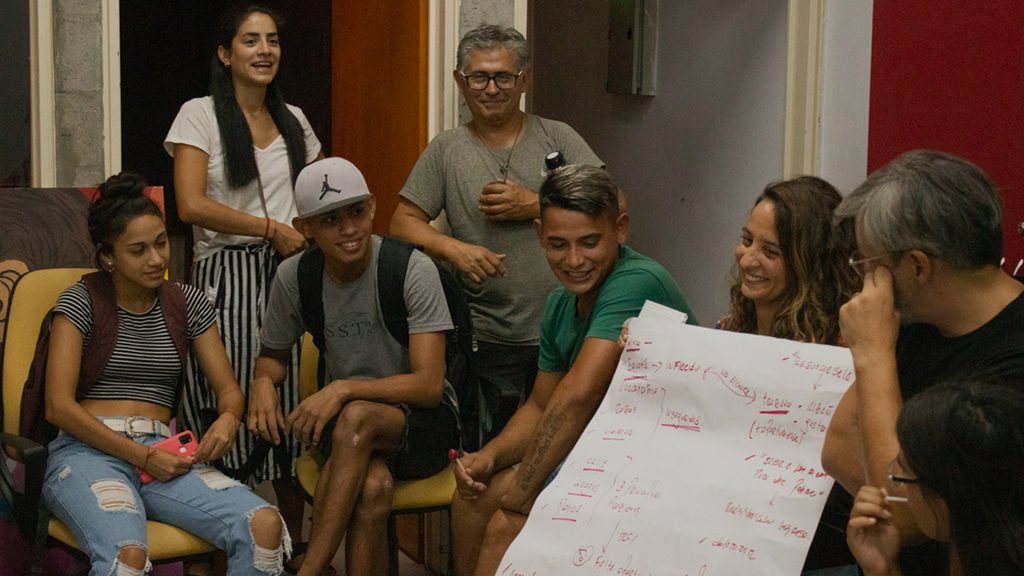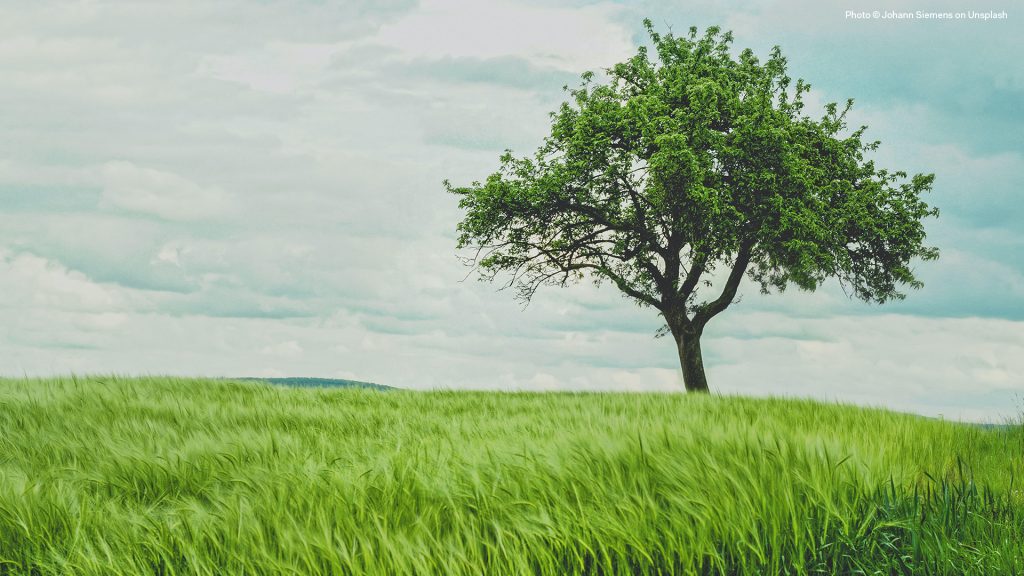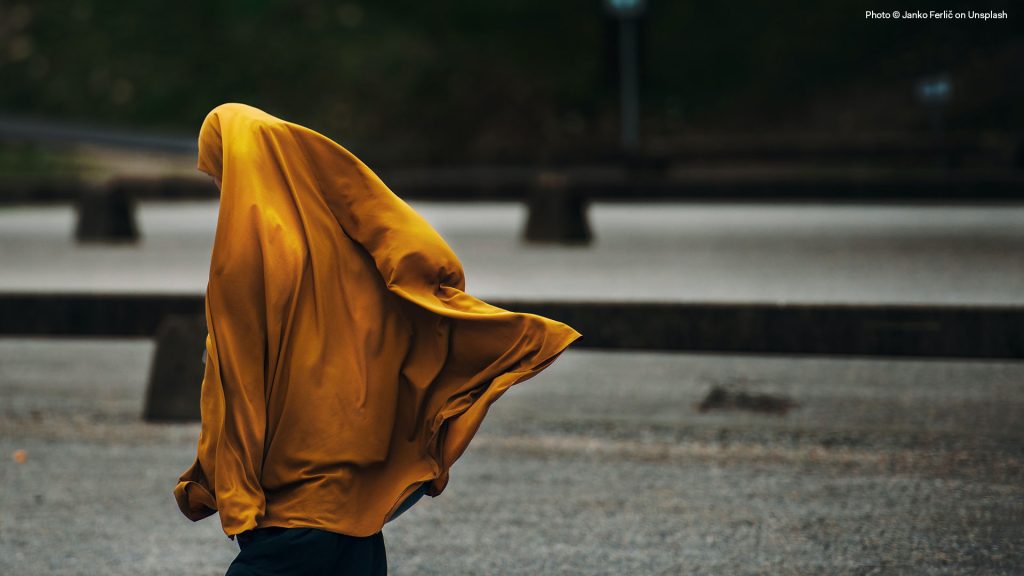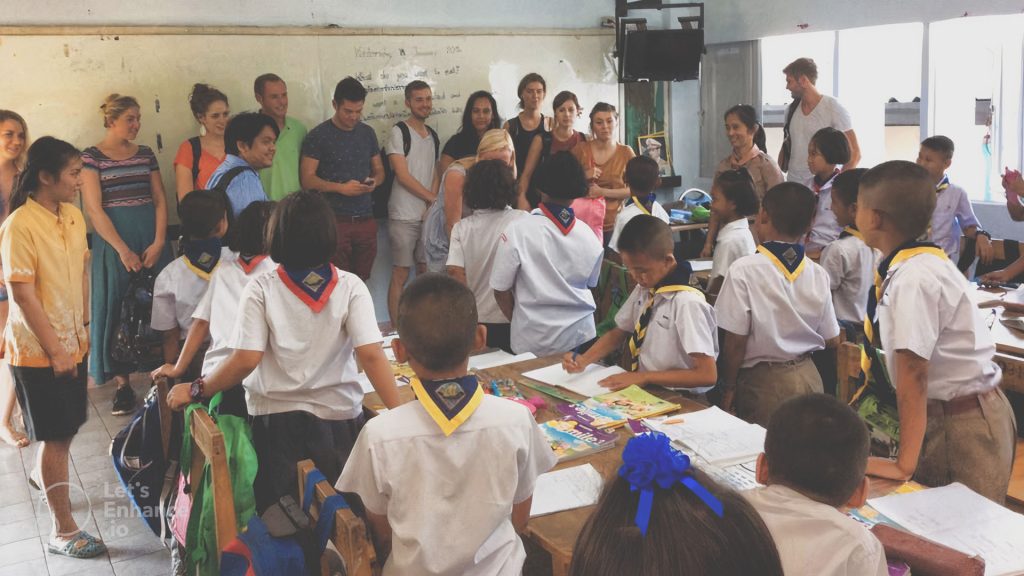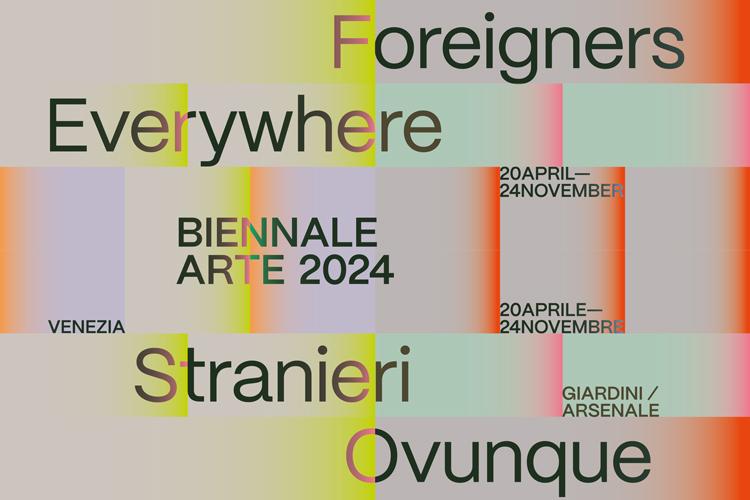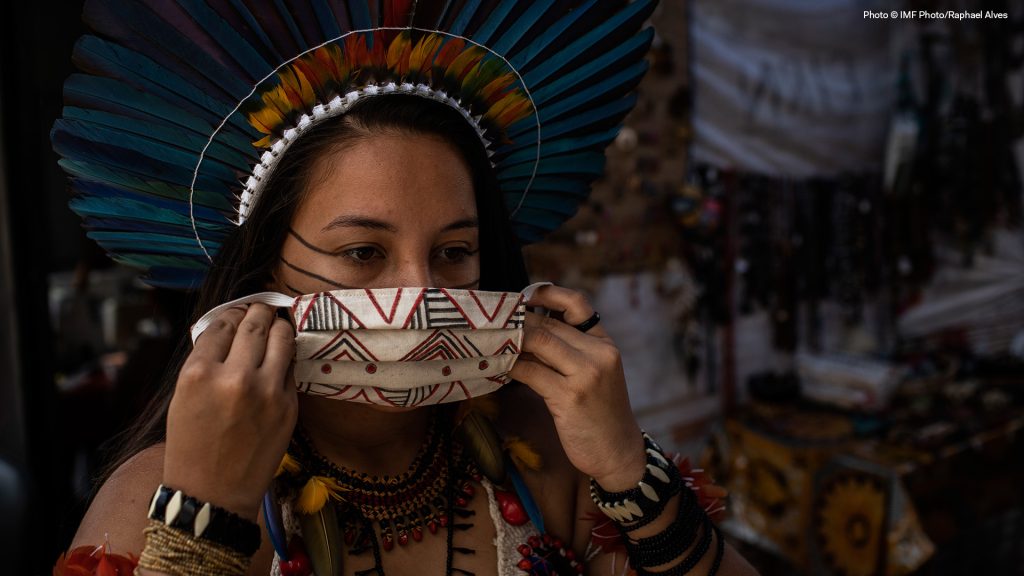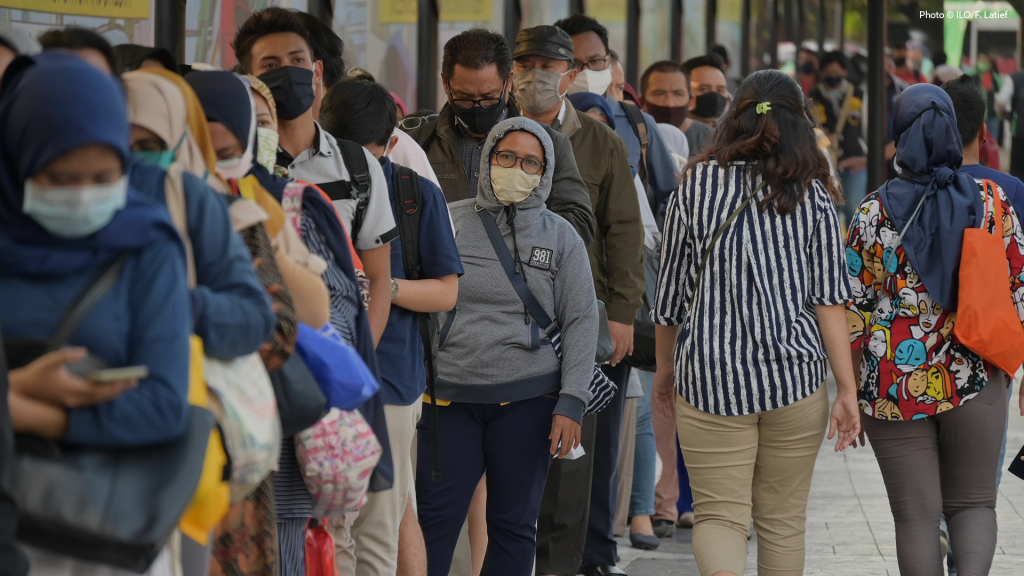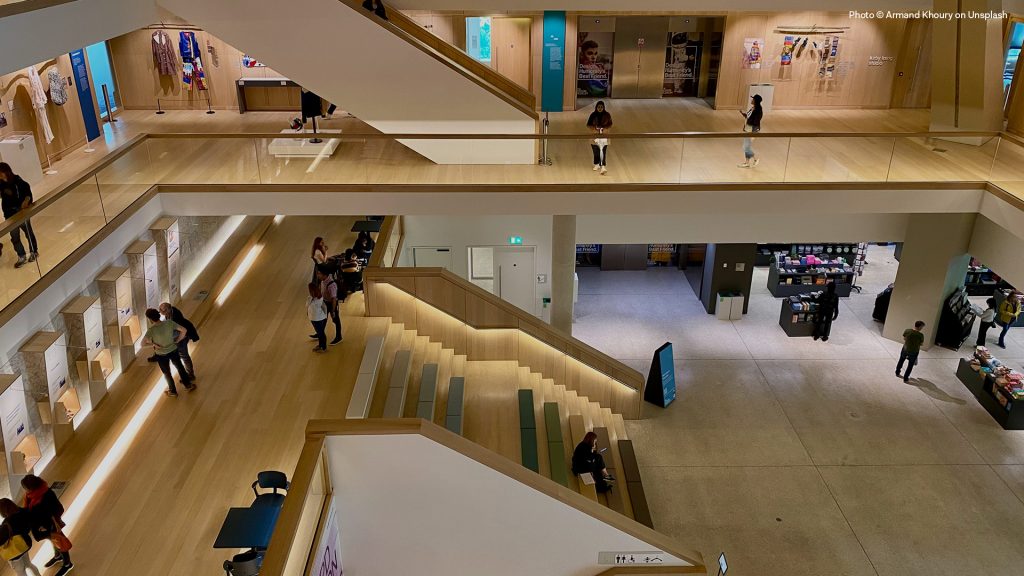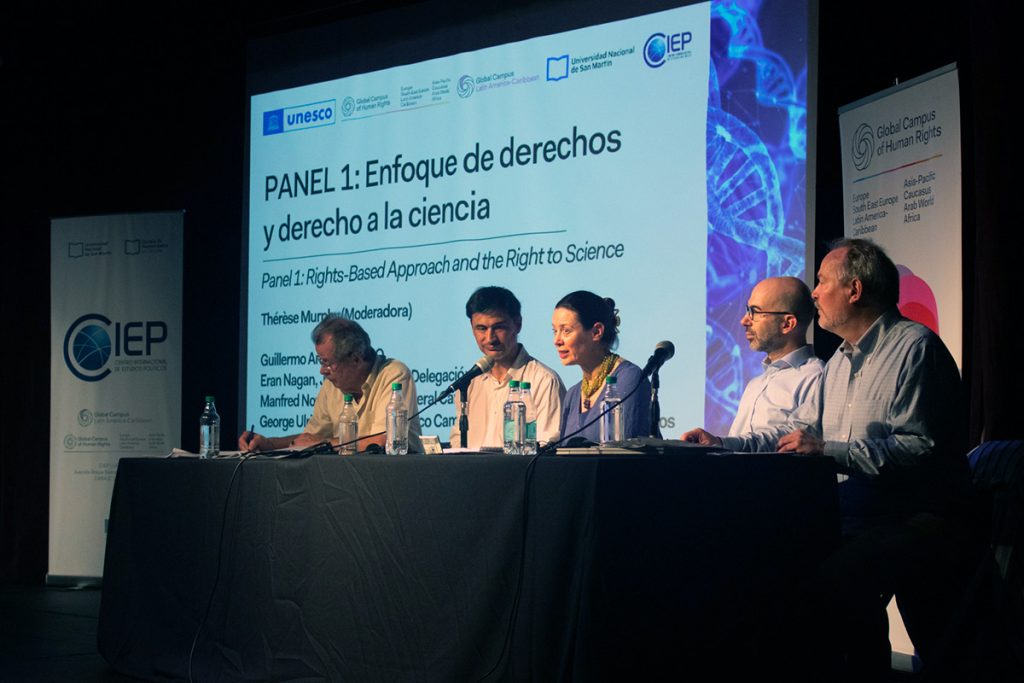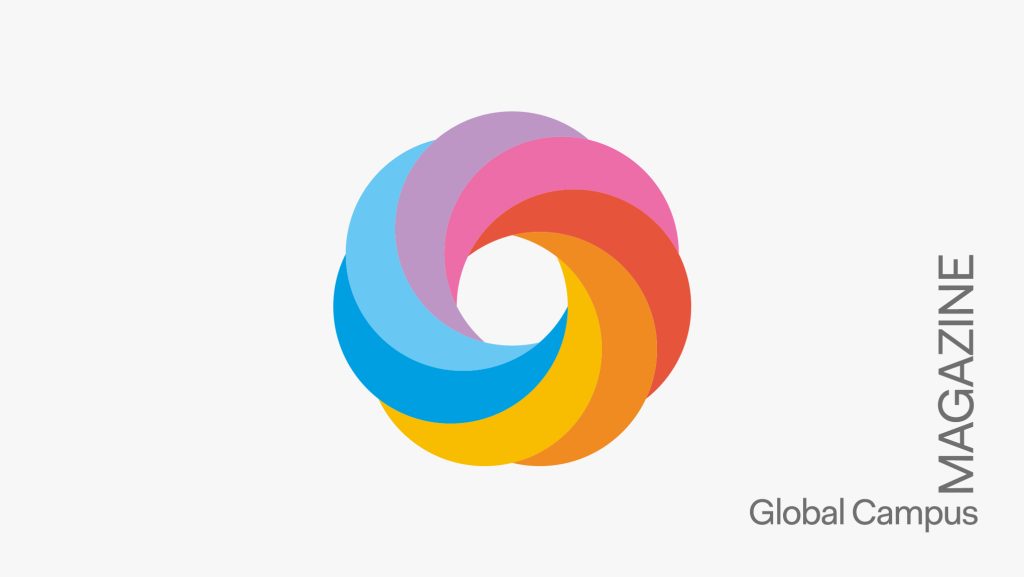Children and adolescents’ voices from the UNSAM Technical High School as a sign of hope and educational change
The right to education in Argentina has been a constitutional paramount since 1853 in all its territories. However, many children and adolescents find themselves forgotten by the national education system. The UNSAM Technical High School is an inspiring educational place that follows from the premise of not leaving any child and adolescent behind.
